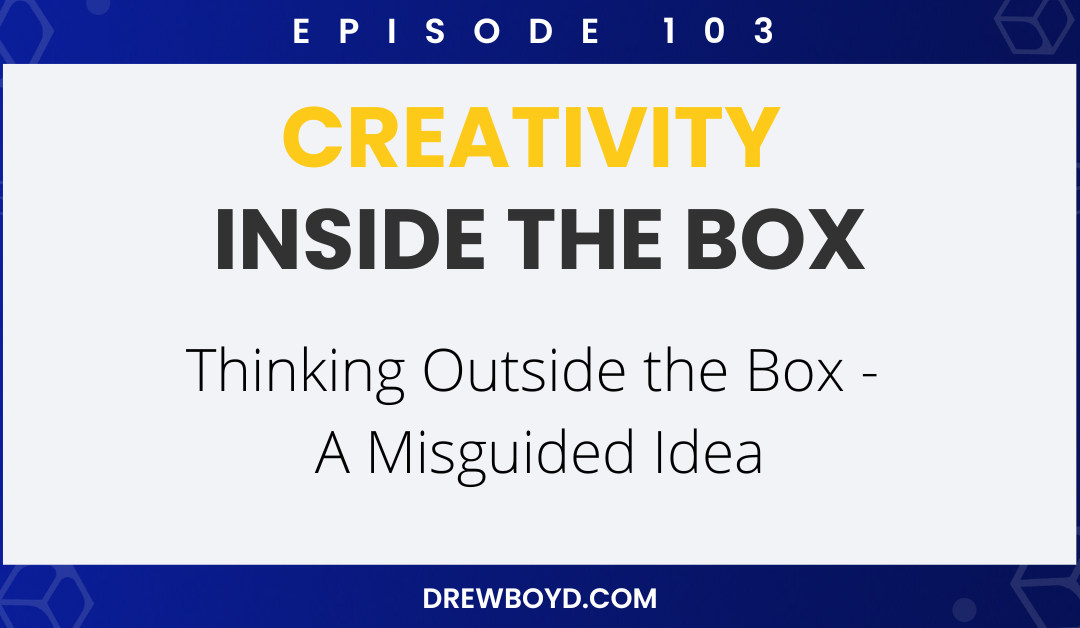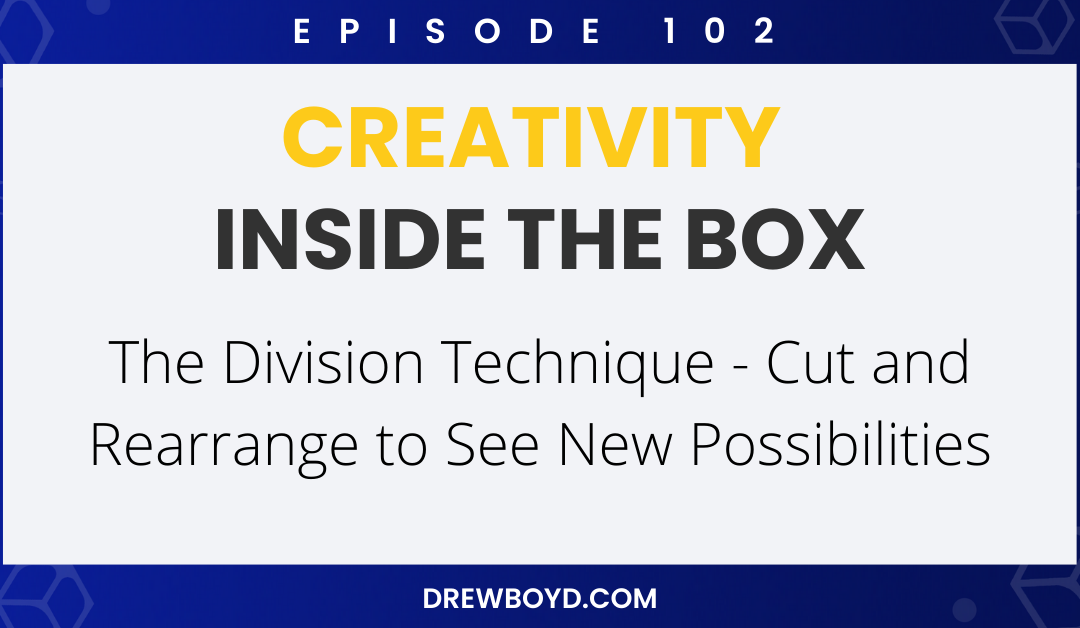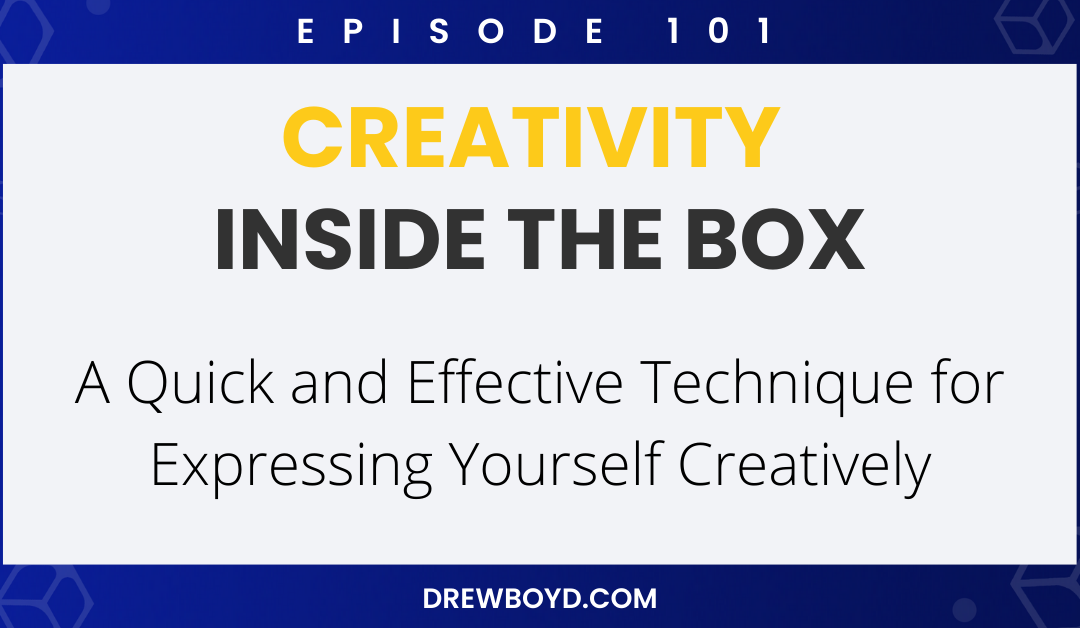This month marks the six year anniversary of Innovation in Practice, and I want to thank my readers and supporters who follow it.
2013 was a special year for me. Jacob Goldenberg and I launched our book, Inside the Box: A Proven System of Creativity for Breakthrough Results (Simon & Schuster, June 2013). The book is nominated for Innovation Book of the Year in the U.K., and it is spreading throughout. We are very pleased with the outcome of this project as it is the first detailed description of Systematic Inventive Thinking, a creative process that works for everyone.
Writing has become a way of life for me. Not only do I write this blog every week, but I am also now a regular contributor to Psychology Today, Industry Week, and Coca-Cola Journey. I want to thank the editors at these sites for inviting me.
Teaching continues to be my number one passion. I just completed the first Massive Open Online Course (MOOC) offered by the University of Cincinnati. The course, Innovation and Design Thinking, was the largest course ever taught at UC with over 2550 participants from 90 countries. I taught the SIT method along with my co-faculty, Jim Tappel who taught design thinking. It was fun experience.
I’ve become a teaching “author” at the online learning company, Lynda.com. I’ve produced a short course in facilitating creativity. Next month, I will be taping a full course called Business Innovation Fundamentals that teaches the SIT method.
My goal is to make this blog different from other innovation blogs and websites. Instead of focusing on why innovation is important, I focus on how innovation happens. The themes of this blog are:
- Innovation can be learned like any other skill such as marketing, leadership, or playing the guitar. To be an innovator, learn a method. Teach it to others.
- Innovation must be linked to strategy. Innovation for innovation’s sake doesn’t matter. Innovation that is guided by strategy or helps guide strategy yields the most opportunity for corporate growth.
- Innovation is a two-way phenomena. We can start with a problem and innovate solutions. Or we can generate hypothetical solutions and explore problems that they solve. To be a great innovator, you need to be a two-way innovator.
- The corporate perspective, where innovation is practiced day-to-day, is what must be understood and kept at the center of attention. This is where truth is separated from hype.
2014 will be a year of progress. I plan to take this blog to the next level with a number of initiatives. I plan to offer more resources for for teachers and professors who want to include the SIT method in their creativity courses. I plan to highlight and recognize the practitioners who put SIT to work in their organizations.
I want to thank Jacob Goldenberg, Amnon Levav, Yoni Stern, and the entire team at SIT LLC. I thank Christie Nordhielm and Marta Dapena-Baron at Big Picture Partners, Bob Cialdini and the team at Influence at Work, Yury Boshyk at Global Executive Learning, the Washington Speakers Bureau, Jim Levine, Emilie D’Agostino, Shelley Bamburger, Deepak Mittal, the team at Innovation Excellence (Braden, Julie, Rowan), and my fellow faculty at the UC Lindner College of Business.
A special thanks to my family, especially my father who passed away earlier this year. He was a gentle gentleman, and I miss him.




